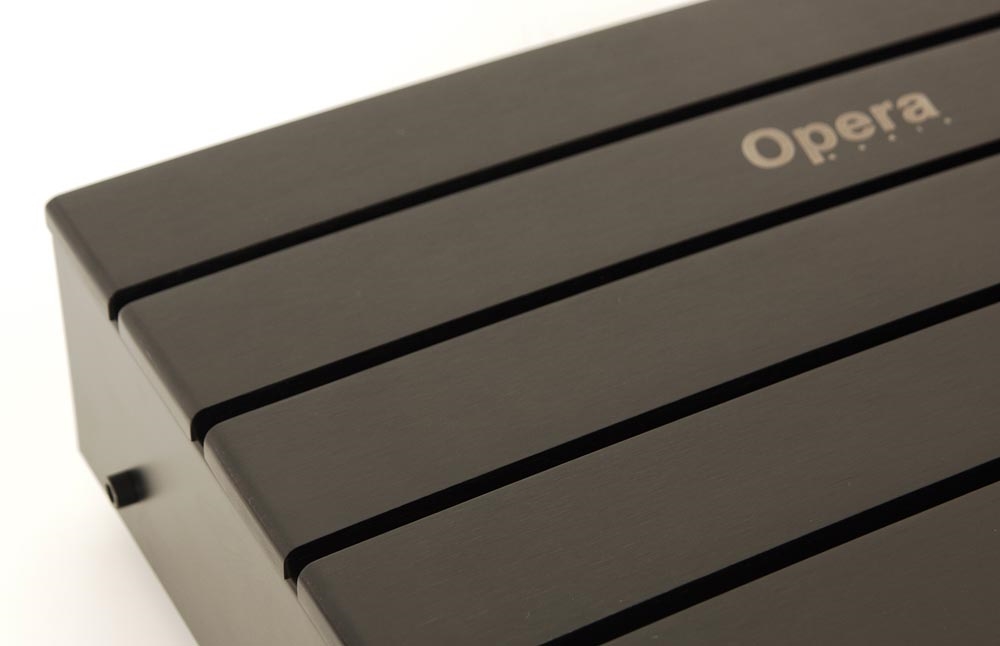

You'll need to install the site's Download Manager, a simple piece of software that runs downloads in the background while you're doing other stuff. Indeed, both contentions have their merits. Some audiophiles think that higher sampling rates sound better because the filters used to pre-condition the audio signal for digital recording are at much higher frequencies so their negative effects can't be heard. Some audiophiles feel that even though you can't hear sounds at those high frequencies, you can in some way sense them. HDtracks high-resolution downloads are sampled at 96 or 192 kHz, yielding frequency responses of slightly less than 48 kHz and 96 kHz, respectively. This gives CD a frequency response of about 20 kHz. With HDtracks high-resolution downloads, it's 144 dB below.ĭigital audio on CDs is sampled at 44.1 kHz, or 44,100 times per second. It's also less noise: With CDs, the noise is 96 dB below the highest sound level. That may seem like a lot, until you calculate that the 24-bit high-resolution downloads on HDtracks can produce 16,777,216 volume gradations! That's more detail, more depth, and more subtlety. On a CD, each audio sample is stored using 16 digital bits, which means a CD can produce 65,536 different volume gradations. Unfortunately, they then have to reduce the resolution to get it onto CDs. That's why professionals use high-resolution digital audio in the studio. Just as you see more detail in a high-resolution image, you hear more detail in high-resolution audio. It's like comparing a 1-megapixel image from a digital camera with an 8-megapixel image. And HDtracks and Sound+Vision have put together an introductory sampler to show you just how good high-resolution listening can be.īasically, high-resolution audio has more information and thus better fidelity. But it's not the best fidelity you can get.

If it's on vinyl, the audio has been remastered and the record you're listening to is actually a third-generation mechanical copy. If it's on CD, the digital resolution has been reduced. If you're listening to CDs, MP3s, or even vinyl records, what you're hearing is not a precise copy of the original digital recording or analog tape. But you're probably getting the former - unless, that is, you're listening to high-resolution downloads from HDtracks. What do you want to hear when you listen to music? Do you want a lower-fidelity version of what the artists, engineers, and producers heard in the studio? Or would you prefer to hear exactly what they heard in the studio?


 0 kommentar(er)
0 kommentar(er)
